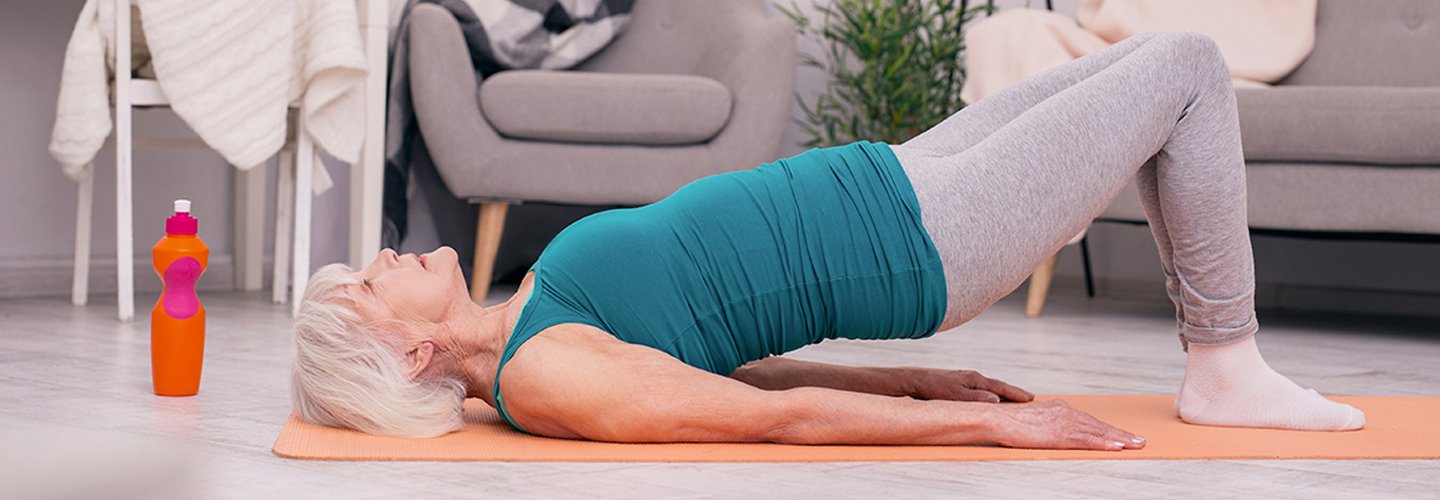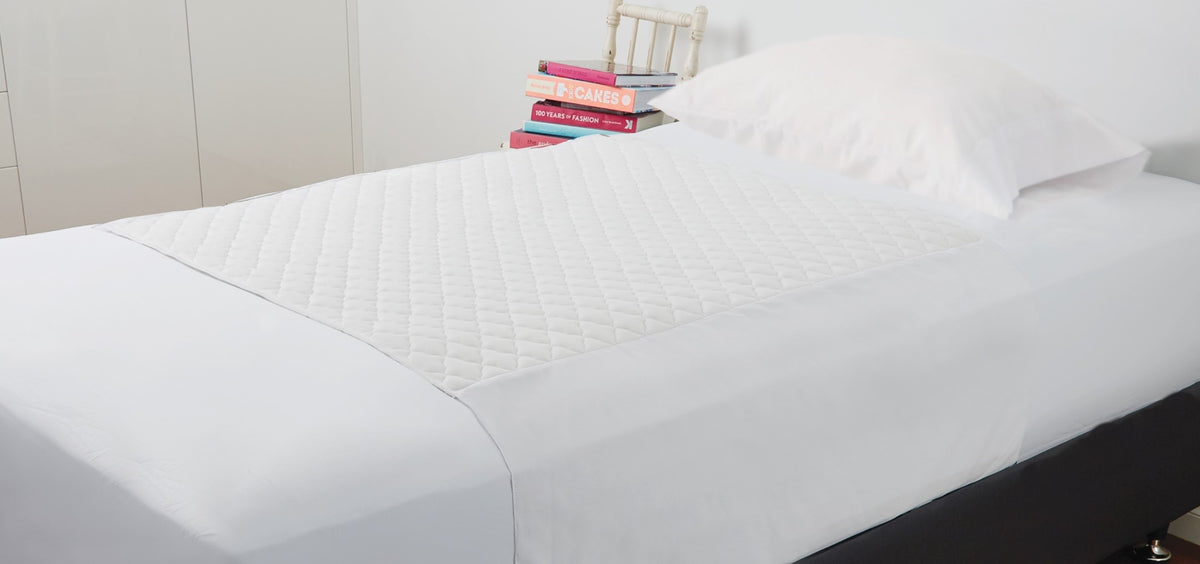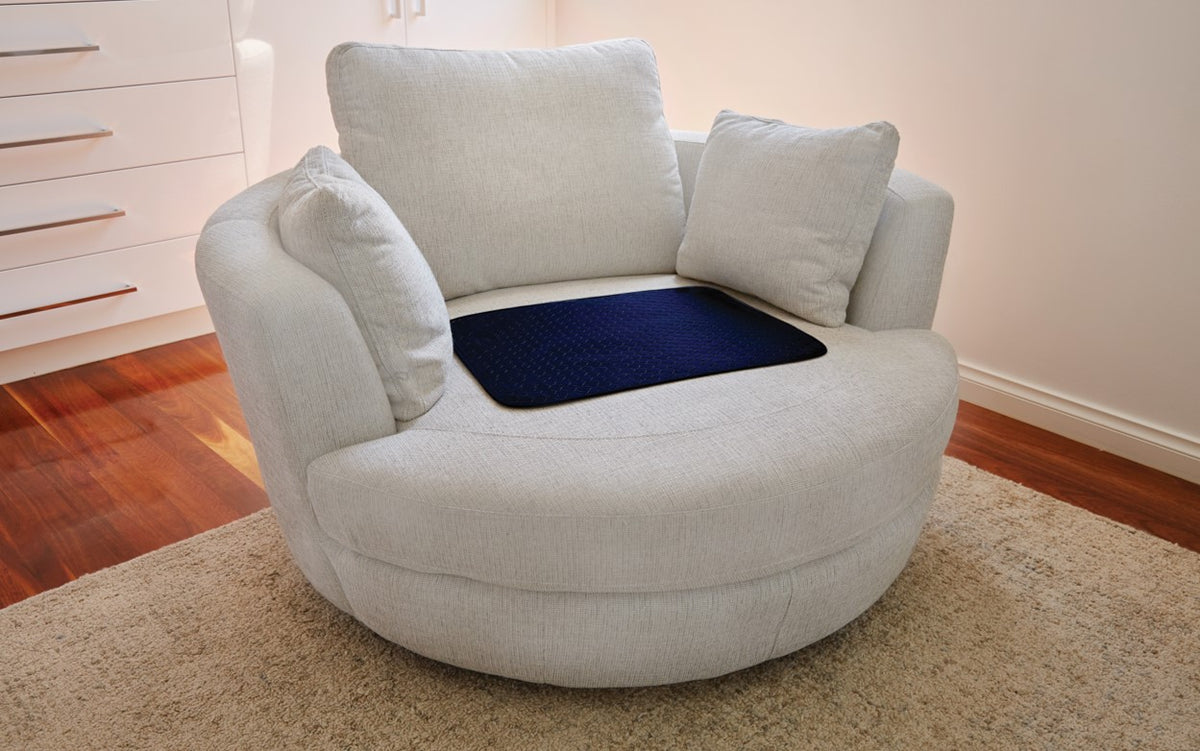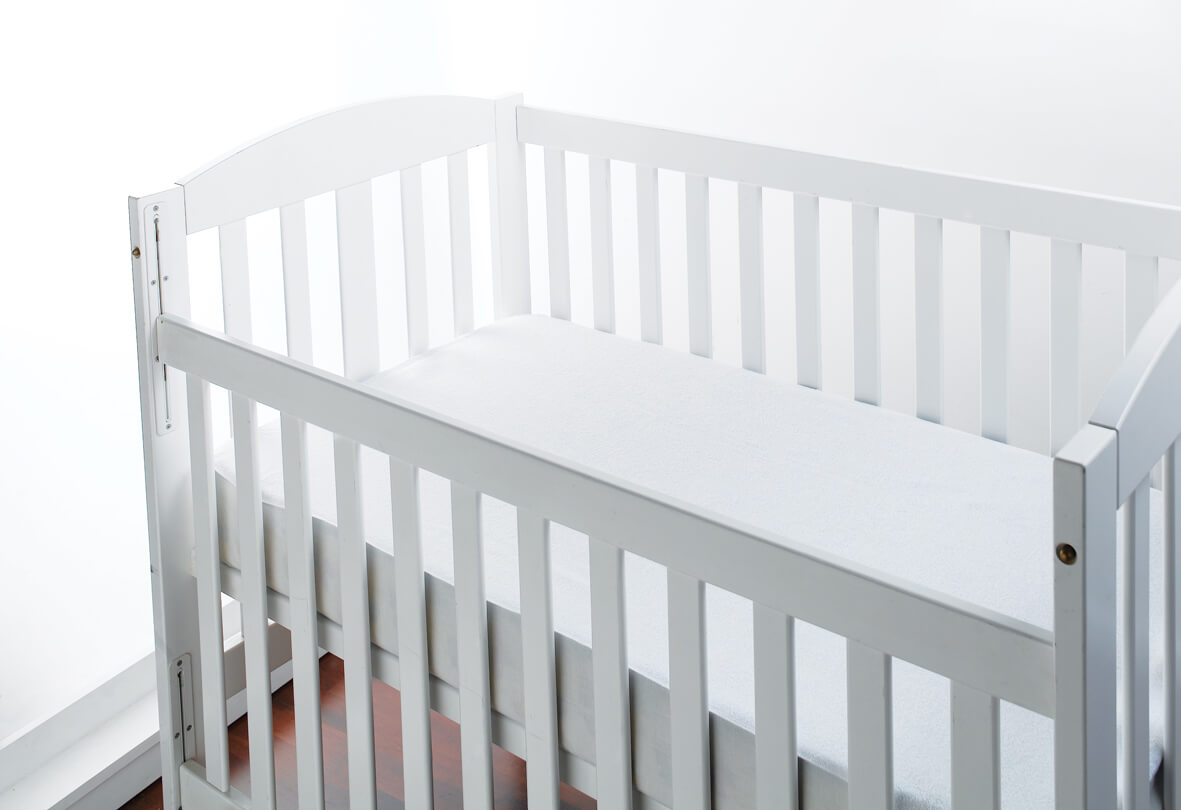Female Incontinence - What Are The Causes?
Tue, Apr 14, 20
Causes
Pregnancy, childbirth and menopause all take their toll on a woman's bladder and urinary tract, with 1 in 4 woman experiencing bladder weakness at some stage in their life.
Women’s body’s go through many life stages and cycles, which can put extra pressure onto the pelvic organs.
The severity of female incontinence ranges greatly, and as such, the treatment has to be tailored to each individual.
A common self-diagnosis by women is thinking that this is a normal part of development, and nothing can be done about it. This is a common misconception, as incontinence is a medical condition, which can be managed with the right help and medical advice.
There are many treatments available from pelvic floor exercise and bladder training, to medications and surgery.
If you are concerned you can contact our Registered Nurse on 1300 857 123 for advice.
It is also recommended that you visit your doctor.
An Australian study found that over a three month period 50% of women 45-59 years of age
experienced some degree of mild, moderate or severe urinary incontinence
- Source: Continence Foundation (Millard, 1998: The prevalence of urinary incontinence in Australia,
Australian and New Zealand Continence Journal)
Common causes of female incontinence
- Stress Incontinence, which occurs when outside pressure, such as sneezing, coughing, or laughing; can cause an already weak bladder to leak.
- Pregnancy & Childbirth. One in three women who have had a baby will experience incontinence and are more likely to have problems than those who have not had a child.
- Menopause can contribute to incontinence in a number of ways including the weakening the bladder, the loss of the hormone oestrogen resulting in an increased chance of Urinary tract infections, weight gain and a less elastic bladder
- Hysterectomy's have been shown to cause weakened bladders.
-
Prolapse of the Pelvic Organ most commonly caused by childbirth but also commonly caused by chronic coughing, heavy lifting and constipation.
-
Urinary tract infections (UTIs) and bladder infections, constipation, and medication side effects are easily treated causes of short-term incontinence. Visit your GP if you are experiencing incontinence as a result of any of these, as relief is usually easy-at-hand.
- Surgery and radiation therapy can sometimes result in long-term incontinence. Seek advice from your specialist or GP and, while you are working towards the restoration of your continence, look into products for women that can make management easier.
- Chronic conditions such as birth defects, illness, and mental deterioration, such as dementia and Alzheimer’s, which can require ongoing management.
"Urinary incontinence affects up to 37% of Australian women."
- Australian institute of Health and Welfare Report, 2006 -









